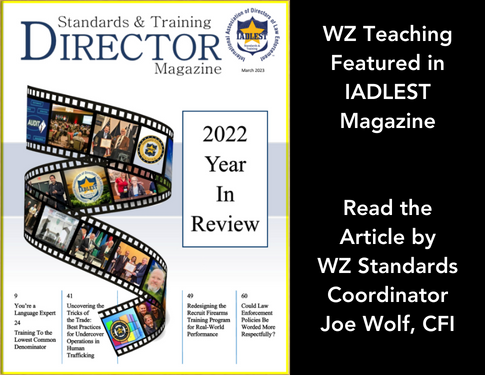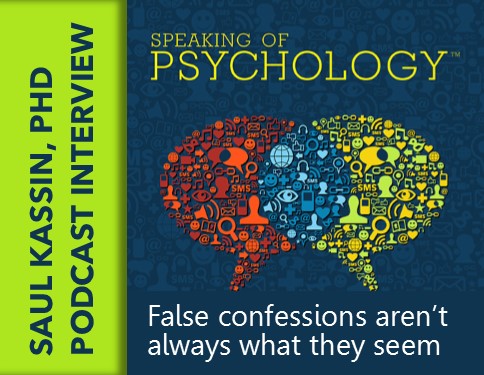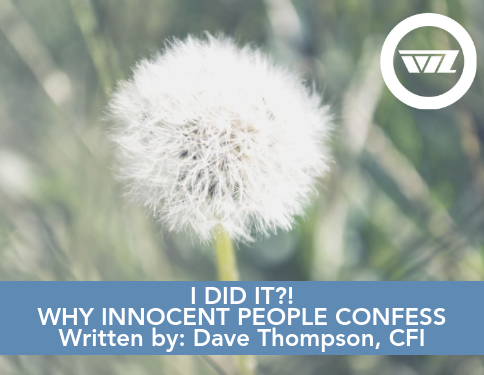Attempting to define words like “justice” is a difficult task, outside of resorting to your favorite dictionary or a Google search. The obstacle of obtaining a clear definition lies within an individual’s perspective when facing the need to define it. In a criminal trial, you have many of these perspectives at play, the victim and their family, the defendant and their counsel, the judge or jury and of course the social aspect of true-crime; the layperson reading about the case. Regardless of the individual goals each role may have in these cases, ultimately, they share a common thread of identifying the truth and ensuring each voice is heard while all rights are protected.
An illustration of multiple perspectives all seeking justice in their own way was on display at Northwestern Pritzker School of Law at their Symposium on Revisiting Voluntariness: Seeking Clarity in the Era of False Confessions. The Northwestern Journal of Criminal Law and Criminology assembled a diverse group of panelists and speakers including law professors, practicing attorneys, judges, researchers, legislature, law enforcement trainers and an exoneree.
The topic of the day, debated and explored by the wide array of viewpoints, was how to measure, argue and administer a “voluntary” confession in interviews and interrogations. Addressing a desperate need for clarity from the interrogation room to the courtroom was an enlightening discussion for all that attended. One of the most powerful moments of the symposium was hearing directly from exoneree, and now attorney, Christopher Ochoa. Mr. Ochoa described his experience of being interrogated decades ago when he confessed to a rape and murder, that he did not commit. His description of his experience was heart-wrenching and impactful to all who were focused on his every word. An essential and near impossible feat is for judges, practitioners, and attorneys to place themselves in the mindset of the subject being interrogated to truly understand their definition of “voluntariness”. Mr. Ochoa was able to provide that insight, setting the landscape of a perspective that most people will never experience.
The day progressed through multiple discussions including a keynote speech from The Hon. Seth P. Waxman, who has delivered 80 oral arguments in the United States Supreme Court and described the interrogation of Brendan Dassey to the attendees. There were insights from professors, lawyers, and retired Justice, Hon. John C. Sheldon detailing the contributors to false confessions and subsequently how to present or interpret these key indicators in a courtroom.
From a practitioner’s perspective, David Thompson, CFI of Wicklander-Zulawski & Associates (WZ) had the opportunity to discuss how the issue of voluntariness applies in the interrogation room as well as how it impacts the training programs across the globe. The conversation was broad but had a simple focus; providing investigators with tools to solve crime while mitigating the risk of involuntary confessions.
Although there were many topics addressed, some of the commonalities across the panels included:
Electronic Recording
This technology will not necessarily prevent a false confession; however, it may provide multiple benefits that mitigate them. The availability of a recording for transparency to what happened within an interview room may benefit both sides of the courtroom. Providing investigators with the tools to review their interviews from a training perspective as well as follow up on case leads and information would be beneficial.
Providing Clarity to Law Enforcement
Many of the panelists throughout the day were complimentary of the difficult task that law enforcement has in obtaining the truth and solving cases. There was great discussion on the difficulty of defining voluntariness from an investigator’s perspective and the need for more guidelines and clarity for practitioners outside of the obvious issues that exist, including threats or explicit promises.
Contributors of False Confessions
Richard Leo, Ph.D. shared pieces of his ongoing research into the factors that contribute to false confessions. Approximately 30% of wrongful convictions have contained a false confession to the crime and many had similarities in their causation. Dr. Leo described three main categories including misclassification, coercion, and contamination. The available research on these contributors are plentiful and addressing them can directly impact the risk of obtaining false information.
Vulnerability
Although a person of any educational level may fall victim to overwhelming pressure to confess, it was discussed that there may be a “sliding scale” of coercion or voluntariness relative to the vulnerability of the subject. Areas like age, experience, mental capacity and IQ are a few that may contribute to the increased susceptibility to persuasive-type techniques.
Education
Promoting the message of voluntariness outside of those in attendance is important. Jury instruction, expert witnesses and social awareness are all factors at play when it comes to the admissibility of a confession based on voluntariness. Understanding what techniques are allowable and suitable for each subject is essential information for those roles. Docuseries, symposiums and education within the courtroom are all means to that end.
Interview and Interrogation Methods
Lastly, there was discussion regarding the evolution of interview and interrogation protocol with a focus on investigative interviewing. The importance of changing the primary goal of an interrogation from a confession into obtaining reliable information was highlighted. There was a mutual understanding and agreement that investigators need tools to solve crimes to provide justice and deter future criminal activity. These tools should be non-confrontational and not built in a one-size-fits-all approach. A focus on investigative interviewing, question-structure and awareness of possible coercion was also addressed.
Attending events like this one are integral in the process of evolving the techniques that are taught to law enforcement to ensure they are not only practical in solving crime but also supported by ongoing research which intends to mitigate obtaining false information. For more information about this event please check out the Northwestern Journal of Criminal Law and Criminology or the Center on Wrongful Conviction of Youth.
Links
https://scholarlycommons.law.northwestern.edu/jclc/
http://www.law.northwestern.edu/legalclinic/wrongfulconvictions/aboutus/




